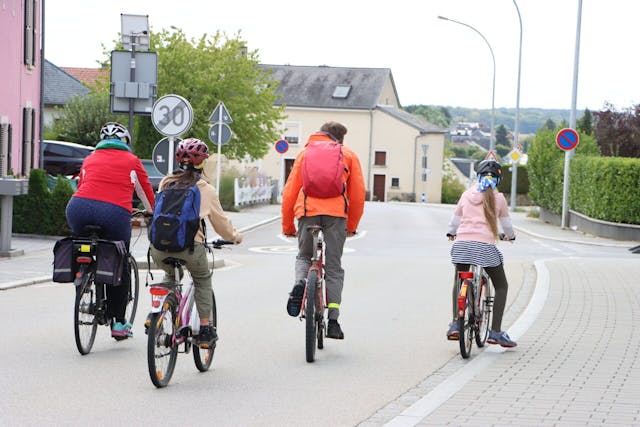Block dwellers are being forced to spend to save for the future

Kelly Sikkema, Unsplash
On 14 November 2024, the Luxembourg Chamber of Deputies passed a law that will completely change the approach to paying for energy in apartment buildings. Flat owners are now obliged to install individual meters to account for heat energy used for heating, cooling and water heating, if technically feasible and economically justified.
How does it work?
- Each tenant will pay exactly the amount of utilities they have consumed, rather than sharing common bills with neighbours.
- If modern meters with remote reading function are installed in the house, residents will be able to track their expenses in real time and receive notifications on a monthly basis.
- Traditional meters will also remain in use, but residents will receive their metering results with a two-month delay.
Economy Minister Lex Delles is convinced that the innovation will not only help to reduce utility bills, but also to protect the environment: "We want to motivate people to optimise their consumption. This will allow them to save money and at the same time support sustainable development".
This innovation has both advantages and disadvantages. Previously, if someone uneconomical lived in the house, all residents had to overpay for the resources spent. Now each resident will pay only for himself and his actual heat consumption. Also, monthly bills will allow to monitor and influence the costs. However, the installation of new meters can be a costly procedure for many flat owners. It is expected that the overall level of energy consumption will decrease after the innovation, which is of course good for the environment. However, the implementation of the new law will take a long time and the government has not yet given a final deadline;
What does this mean for tenants?
The law is a step towards greater control and individual responsibility for resource consumption. However, it will also require costs for installation of equipment and possible changes in house management.
Residents and homeowners can already check out the details on the Klima-Agence website, which also offers energy-saving tips.




